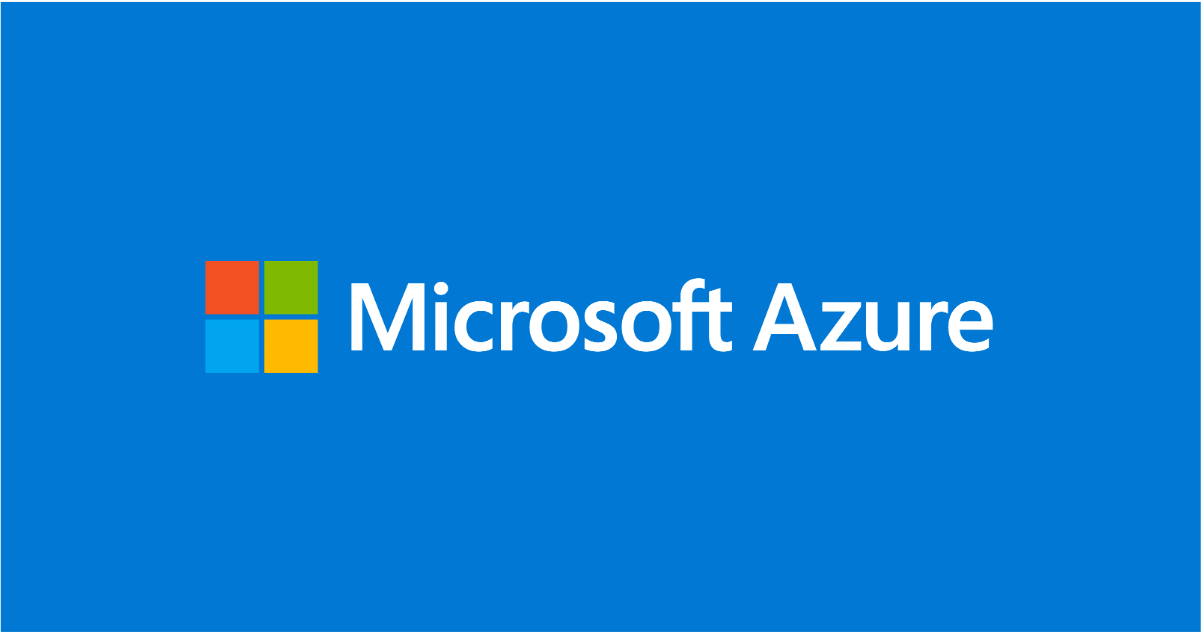Accelerate metadata heavy workloads with Metadata Caching preview for Azure Premium Files SMB & REST

Azure Files previously announced the limited preview of Metadata caching highlighting improvements on the metadata latency (up to 55%) for workloads running on Azure Premium Files using SMB & REST. Now, we are excited to announce the unlimited public preview lighting up this capability on both new and existing shares in a broader set of regions. You can now automatically onboard your subscriptions to leverage this functionality using feature registration (AFEC) in supported regions.
Feature Overview
Metadata Caching is an enhancement aimed at reducing metadata latency up to 55% for file workloads running on Windows/Linux environments. In addition to lower metadata latency, workloads will observe a 2-3x improvement in latency consistency making metadata intensive workloads more predictable and deterministic. Workloads that perform a high volume of metadata operations (e.g. AI/ML) will see the bigger benefit compared to workloads with high data IO (e.g. databases). Reduced metadata latency will also translate up to 3x increase in metadata scale, and up to 60% increase in data IOPS (reads/writes) and throughput.
Example of metadata heavy workloads include:
- Web\App Services: Frequently accessed files for CMS\LMS services such as Moodle\WordPress.
- Indexing\Batch Jobs: Large scale processing using Azure Kubernetes or Azure Batch.
- Virtual Desktop Infrastructure: Azure Virtual Desktop\Citrix users with home directories or VDI applications management needs.
- Business Application: Custom line of business or legacy application with “Lift and shift” needs.
- CI\CD DevOps Pipeline: Building, testing, and deployment workloads such as Jenkins open-source automation
Building DevOps solutions using Metadata Caching
- Moodle deployment + Azure Premium Files with Metadata Caching
-
Moodle consists of server hosting (cloud platforms), a database (MySQL, PostgreSQL), file storage (Azure Premium Files), and a PHP-based web server. It is used for course management (uploading materials, assignments, quizzes), user interaction (students accessing resources, submitting work, and discussions), and performance monitoring (tracking progress, reporting).
Metadata Cache Benefit: Provides a faster and more consistent user experience.
-
-
GitHub Actions + Azure Premium Files with Metadata Caching
- GitHub Actions is an automation tool integrated with GitHub that allows developers to build, test, and deploy code directly from their repositories. It uses workflows, defined in YAML files, to automate tasks such as running tests, building software, or deploying applications. These workflows can be triggered by events like code pushes, pull requests, or scheduled times.
Metadata Cache Benefit: Shorter build and deployment times when using Azure Premium Files with Metadata cache as the build artifact.
- GitHub Actions is an automation tool integrated with GitHub that allows developers to build, test, and deploy code directly from their repositories. It uses workflows, defined in YAML files, to automate tasks such as running tests, building software, or deploying applications. These workflows can be triggered by events like code pushes, pull requests, or scheduled times.
How to get started
To get started, register your subscription with the Metadata Cache feature using Azure portal or PowerShell.
For Regional Availability please visit the following link
Note: As we extend region support for the Metadata Cache feature, Premium File Storage Accounts in those regions will be automatically onboarded for all subscriptions registered with the Metadata Caching feature.
Who should participate?
Whether it is a new workload looking to leverage file shares or existing ones looking for improvements. Any workloads/usage patterns that contains metadata should be encouraged to onboard, specifically metadata heavy workloads that consist primarily of Create/Open/Close or Delete requests.
To determine if your workload contains metadata, can use Azure Monitor to split the transactions by API dimension as described in the following article
Thanks
Azure Files Team
For questions, please email: [email protected]
Published on:
Learn moreRelated posts
Microsoft Purview: Data Lifecycle Management- Azure PST Import
Azure PST Import is a migration method that enables PST files stored in Azure Blob Storage to be imported directly into Exchange Online mailbo...
How Snowflake scales with Azure IaaS
Microsoft Rewards: Retirement of Azure AD Account Linking
Microsoft is retiring the Azure AD Account Linking feature for Microsoft Rewards by March 19, 2026. Users can no longer link work accounts to ...
Azure Function to scrape Yahoo data and store it in SharePoint
A couple of weeks ago, I learned about an AI Agent from this Microsoft DevBlogs, which mainly talks about building an AI Agent on top of Copil...
Maximize Azure Cosmos DB Performance with Azure Advisor Recommendations
In the first post of this series, we introduced how Azure Advisor helps Azure Cosmos DB users uncover opportunities to optimize efficiency and...
February Patches for Azure DevOps Server
We are releasing patches for our self‑hosted product, Azure DevOps Server. We strongly recommend that all customers stay on the latest, most s...
Building AI-Powered Apps with Azure Cosmos DB and the Vercel AI SDK
The Vercel AI SDK is an open-source TypeScript toolkit that provides the core building blocks for integrating AI into any JavaScript applicati...
Time Travel in Azure SQL with Temporal Tables
Applications often need to know what data looked like before. Who changed it, when it changed, and what the previous values were. Rebuilding t...